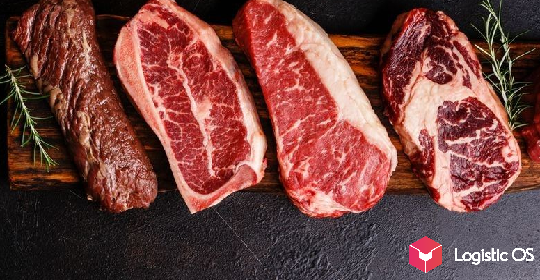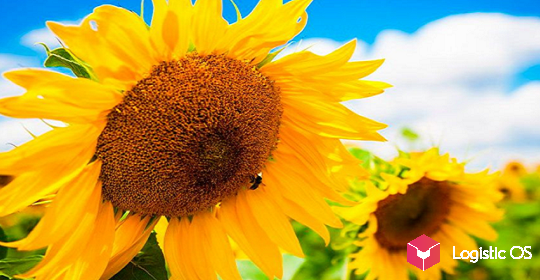The Ministry approved prices that are quite attractive for farmers, which will be relevant during the coming season.
It is planned that the purchase prices for wheat will be 16.8-17.8 thousand rubles per ton (depending on the class), for sugar — 43.9 thousand rubles.
Intervention prices are 18.6-19.6 thousand rubles per ton for wheat, 48.2 thousand rubles per ton for sugar.
Dmitry Rylko, Director General of the Institute for Agricultural Market Studies, noted that such prices are very attractive for farmers, if only because they are significantly higher than current market prices.
Indeed, in Russia there are still very large carry-over stocks of grain, and this does not allow prices to rise.
Moreover, the prices set by the Ministry of Agriculture are likely to remain relevant in any case, even if it is decided to revise the size of the export duty.
It is planned that at the established prices, the Ministry of Agriculture will purchase grain from the harvest of the 2023-2023 season, and sugar from the production of 2022-2024.
What problems might arise?
According to experts, despite the attractiveness of the prices set by the Ministry of Agriculture, a number of questions arise for future interventions.
Firstly, will the ministry then be able to sell grain and sugar at those high prices (or rather, above them) at which it plans to purchase them?
After all, while these goods will be stored in warehouses, you will have to bear the costs of storage and insurance.
It may happen that stocks remain unclaimed for a long time, as was already the case in 2008: this season’s harvest lay until 2010, when a severe drought caused a significant shortage.
After all, the Ministry of Agriculture plans to sell its goods to Russian enterprises, which are unlikely to want to purchase them at a price higher than the market.
Secondly, will there be enough capacity, that is, certified proven elevators, to store such an amount of grain?
The Ministry of Agriculture plans to purchase up to 8 million tons of grain, while now the volume of the intervention fund is no more than 3 million tons.
Thirdly, the question is where the Ministry of Finance plans to find the money to purchase such a significant amount of sugar and grain.
After all, it is known that in order to purchase 3 million tons of grain earlier, it took as much as 6 billion rubles.
At the same time, the Russian budget now has a significant deficit, so it is not a fact that it will be easy to find the necessary amount.
Especially given the fact that later it will be difficult to sell the purchased grain and sugar at prices that would make it possible to compensate for the costs.

